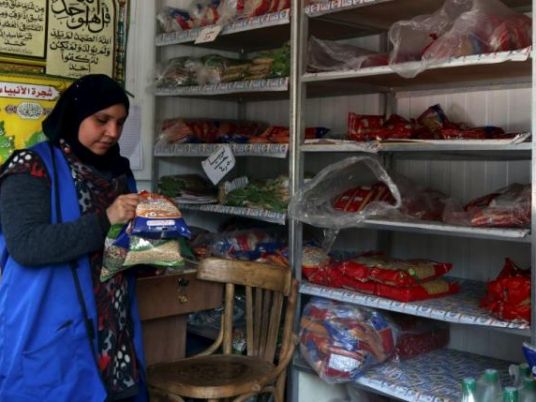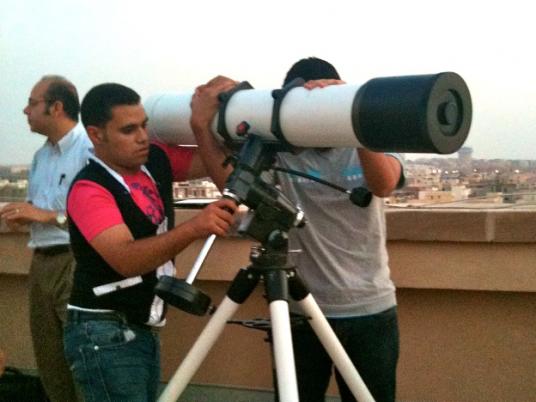Controversy has erupted over the yet-to-be-broadcast TV series "Omar ibn al-Khattab." The series portrays Omar, Abu Bakr and Ali Ibn Abi Taleb, three of the Prophet Mohamed's Righteous Caliphs.
Hundreds of people joined a Facebook campaign demanding the show not be broadcast, under the title, “No to showing Farouk Omar series”
The series is to be aired on privately owned Saudi satellite channel MBC during the holy month of Ramadan, which starts within the next two weeks. The trailer, which has been aired extensively, stirred up a wave of anger in Islamic circles.
Mohamed Othman, a member of both Al-Azhar's Islamic Research Academy and the Assembly of Muslim Jurists of America, told Al-Masry Al-Youm that the series has not been referred to the academy for approval.
Traditionally, works of art related to Islam have been summited to Al-Azhar, the world’s chief Sunni learning institution, before being shown.
“If the series was submitted to us at the academy, as it includes personifications of the four Righteous Caliphs we wouldn’t have hesitated to prohibit showing it. That is our firm stand, which we won’t change,” said Othman.
“Both Al-Azhar and the academy stick to forbidding the personification of prophets, members of Prophet Mohamed’s household, and [his] ten companions that were promised paradise.”
Al-Masry Al-Youm said it contacted the headquarters of MBC Group in Dubai to ask about its position after both the grand mufti of Saudi Arabia and Egypt's Islamic Research Academy released fatwas against the show, and rumors circulated that the network is under pressure to refrain from airing the series in Ramadan. The MBC administration, however, refused to comment, saying it would issue a statement explaining its position soon.
MBC has said the series is the biggest drama production in the history of modern television. It has been marketed globally and the rights to broadcast it have been granted to several television networks around the world, including the Turkish ATV network, which will show it dubbed into Turkish.
Two months ago, Al-Azhar, which is located in Egypt, denounced Iran’s intention to produce a movie recounting the Prophet Mohamed's life story. Al-Azhar scholars and Sunni communities rejected the work and demanded Iran ban screenings of the film.
A series depicting the life of Hassan and Hussein, the Prophet Mohamed’s grandsons, was also met with staunch criticism from Al-Azhar, mainly due to the characterization of the Prophet's companions and family members.
However, it was encouraged by a group of intellectuals, jurisprudents and enlightened religious scholars who are generally described as modernists.
Edited translation from Al-Masry Al-Youm




